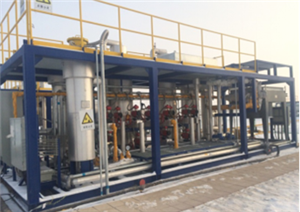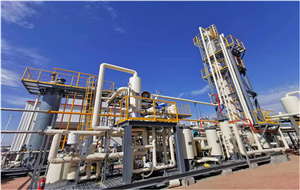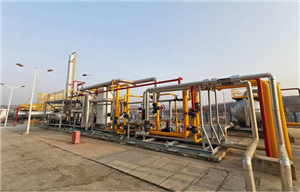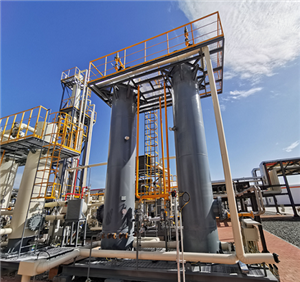Natural Gas Futures Initiative Launched by University of BC
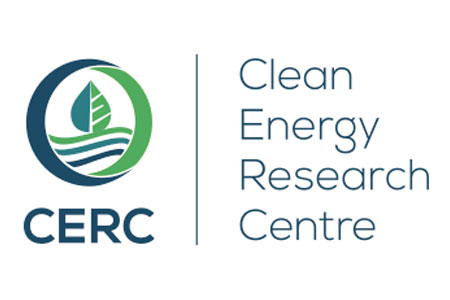
El gas natural, que actualmente proporciona el 22 por ciento de la energía del mundo, es el combustible fósil de combustión más limpio del mundo. La introducción de alternativas renovables, como el biogás y el hidrógeno, en el sistema energético del gas natural está reduciendo aún más su huella de carbono. La visión de NGF es ser un centro reconocido internacionalmente para la investigación del gas natural, la transferencia de tecnología innovadora, el análisis de políticas basado en datos, la divulgación y la capacitación para garantizar la sostenibilidad ambiental del gas natural.
Para obtener más información sobre los futuros de gas natural, incluidos los miembros, las oportunidades de proyectos y cómo mantenerse comprometido, visite:
naturalgas.apsc.ubc.ca
.
“Natural Gas Futures gives us critical information needed to make more informed – and environmentally responsible – business decisions”, said Doug Stout, Vice President, Market Development & External Relations for FortisBC and founding member of NGF. “This collaboration promises to make natural gas ever safer, cleaner and more efficient for transportation, power and other industrial applications in a lower carbon economy.”
The other members of the NGF consortium are currently Westport Power Systems, Seaspan, Port of Vancouver, Solaris MCI, Pacific Northern Gas, AltaGas and ATCO.
NGF has already secured over $2.5 million in funding from industry and government partners, including two recent grants from the National Science and Engineering Research Council of Canada (NSERC), one to study micro-carbon capture and utilisation and the other investigating gas cloud dispersion and LNG ship bunkering safety. Mitacs, a national not-for-profit organization that has designed and delivered research and training programs in Canada, has provided $600,000 in funding for a cluster of internships to support the initiative.
“Natural Gas Futures has provided us with a clear understanding of the emissions related to using natural gas as fuel onboard our state of the art LNG ships. It has been an excellent experience interfacing with knowledge leaders in natural gas industry, and we look forward to our continued work together,” said Harly Penner, Superintendent New Vessels, Maintenance & Engineering, Seaspan Ferries.
Currently providing 22 percent of the world’s energy, natural gas is the world’s cleanest burning fossil fuel. The introduction of renewable alternatives, such as biogas and hydrogen, into the natural gas energy system is further reducing its carbon footprint. NGF’s vision is to be an internationally recognized centre for natural gas research, breakthrough technology transfer, data-driven policy analysis, outreach and training to ensure the environmental sustainability of natural gas.
For more information about Natural Gas Futures, including membership, project opportunities, and how to stay engaged, please visit: naturalgas.apsc.ubc.ca.

